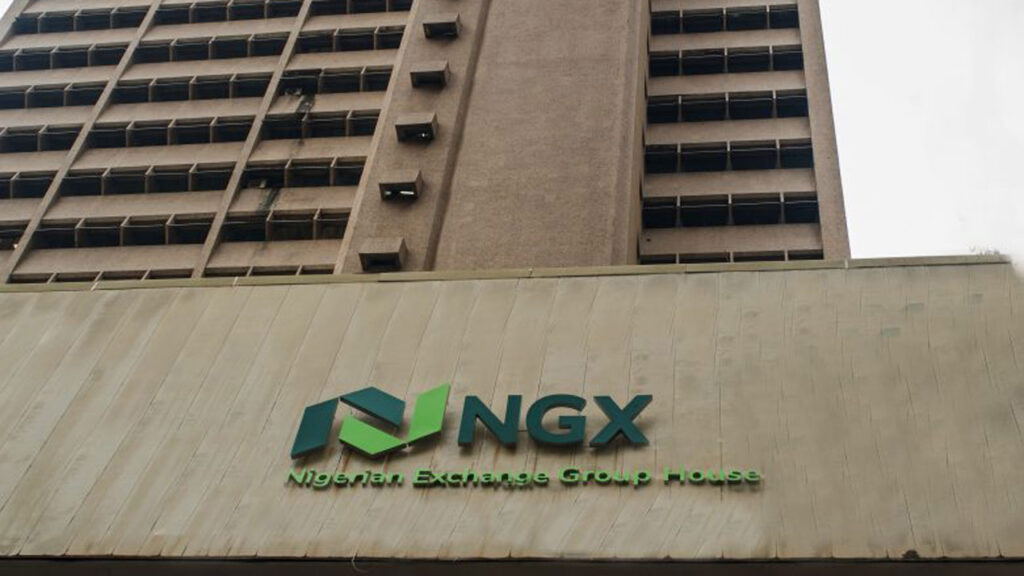
According to the chamber, transition challenges will lead to chaos with immediate implementation, urging the CBN to make the operation of its policies cost-friendly.
The Central Bank of Nigeria (CBN) had released guidelines for the newly-introduced electronic invoicing (e-invoicing) and evaluator for exporters and importers earlier this week, saying the process commences on February 1, 2022.
The new regulation, it stated, is aimed at determining the accurate value for goods leaving the country or otherwise. The migration was announced in August, last year.
The guideline promised that the system would operate on a global price verification mechanism, which is determined by benchmark price – a spot market price obtainable in the market where the goods are traded during the invoicing.
The document listed the obligations of both exporters and importers in the new scheme as well as possible sanctions for violating the rules.
Addressing journalists yesterday, NACCIMA President, Ide Udeagbala, advocated an extension in the date of commencement of the policy to allow private sector operators and importers onboard seamlessly.
Notwithstanding the challenges in the business environment, Udeagbala suggested a need for wider stakeholder consultations in policy design and implementation, a cohesive strategy to ensure that policies do not cancel each other out, enthronement of policy changes that would improve our ease of doing business, and the need to leverage the private sector for infrastructure development and productivity.
Worried about the increased production costs as a result of scarcity of foreign exchange, the NACCIMA boss urged the government to look to non-traditional sources of foreign exchange such as foreign direct investment and remittances from the Nigerian diaspora.
“The rise of remote work and the huge demand for technology products have witnessed explosive growth in Nigeria’s startup ecosystem, therefore, we want the government to support this sector with the right policy environment, as it has the potential to be one of the highest sources of foreign exchange for the country.”
“NACCIMA observes with dismay the unabating bottlenecks at our ports which have been hindering our quest to be a maritime hub in West Africa. Our members still encounter man-made delays in processing the clearance of their goods at the ports.
“We call for the opening of more seaports in the country and the simplification of clearing procedures. In accordance with one of the recommendations of the World Customs Organisation, we demand the establishment of the Customs and Excise Appeal Tribunal to act as an ombudsman in the resolution of disputes arising from imports and exports at the ports”, he added.













